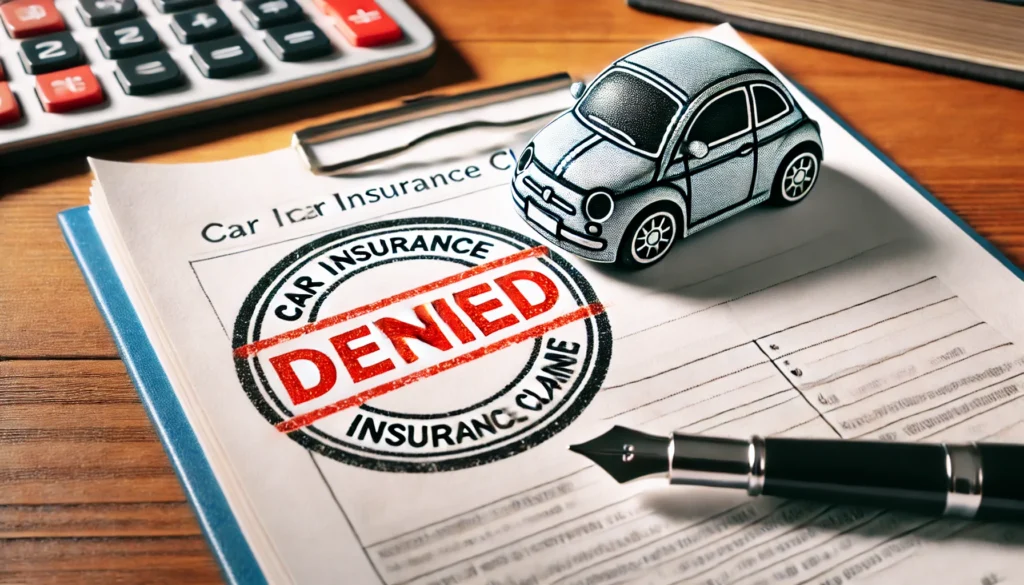How long do you have to file a car insurance claim in California?

Hey there! So, you’ve found yourself in a bit of a fender bender, and now you’re wondering about the nitty-gritty details of filing a car insurance claim in California. Don’t worry, we’ve got you covered. Let’s dive into everything you need to know about the time limits and important aspects of filing a claim in the Golden State.
Understanding the Basics
First things first, the general rule in California is that you should report the accident to your insurance company as soon as possible. This doesn’t mean you have to do it right on the spot (though some might prefer it), but the sooner, the better. Prompt reporting helps ensure that all the details are fresh and clear, making the claims process smoother.
The Legal Framework: California Statutes of Limitations
California law sets specific time limits for filing different types of claims. For persona
These statutes of limitations are crucial if you need to take legal action. However, your insurance company might have its own deadlines for when you need to notify them and file a claim. Ignoring these deadlines can jeopardize your chances of getting your claim processed.
Insurance Company Deadlines
Insurance policies often contain specific provisions about when you need to report an accident. While there’s no universal rule, a common timeframe you’ll see is within 24 to 48 hours of the accident. Some policies might be more lenient, allowing for a few days, but it’s always best to check your individual policy for precise details.
Ignoring these deadlines can lead to your claim being denied, so it’s crucial to act swiftly. Even if you think the damage is minor or you’re not sure whether you want to file a claim, it’s often wise to notify your insurer. This keeps your options open and ensures you’re covered if the situation turns out to be more serious than initially thought.
Practical Steps to Take After an Accident
Here are some practical steps to take right after an accident to help streamline your claims process:
- Ensure Safety First: Move to a safe location if possible and check for injuries.
- Call the Authorities: Report the accident to the police, especially if there are injuries or significant damage.
- Exchange Information: Gather details from all parties involved, including names, contact information, and insurance details.
- Document the Scene: Take photos of the damage, the scene, and any relevant details.
- Notify Your Insurer: Contact your insurance company as soon as possible to report the accident and get the claims process started.
What Happens If You Miss the Deadline?
Missing the insurance company’s deadline can have serious repercussions. Your insurer might deny your claim altogether, leaving you to cover the costs on your own. This is why it’s critical to act promptly and ensure that you adhere to all specified timelines.
Exceptions to the Rule
There are some exceptions to these rules, but they are rare and often complicated. For instance, if you were incapacitated due to the accident and unable to file a claim, the insurer might consider extending the deadline. It’s essential to communicate any extenuating circumstances to your insurer as soon as possible.
Tips for a Smooth Claims Process
To help ensure your claim goes through without a hitch, here are a few additional tips:
- Keep Detailed Records: Maintain a file with all documents related to the accident, including police reports, medical records, and repair estimates.
- Follow Up Regularly: Stay in touch with your insurance adjuster and provide any additional information they might need promptly.
- Be Honest and Accurate: Provide truthful a best online pharmacy with fast delivery buy tadalista online with the lowest prices today in the USAnd detailed accounts of the accident to avoid any complications.
Final Thoughts
Filing a car insurance claim in California requires timely action and attention to detail. Remember, you generally have two years to file a personal injury lawsuit and three years for property damage. However, your insurance policy likely requires much quicker notification. Acting promptly not only helps you stay within the necessary timeframes but also ensures a smoother and more efficient claims process.
If you ever find yourself unsure about the specifics of your policy or the exact deadlines, don’t hesitate to reach out to your insurance provider for clarification. It’s always better to be proactive and informed when dealing with car insurance claims.














